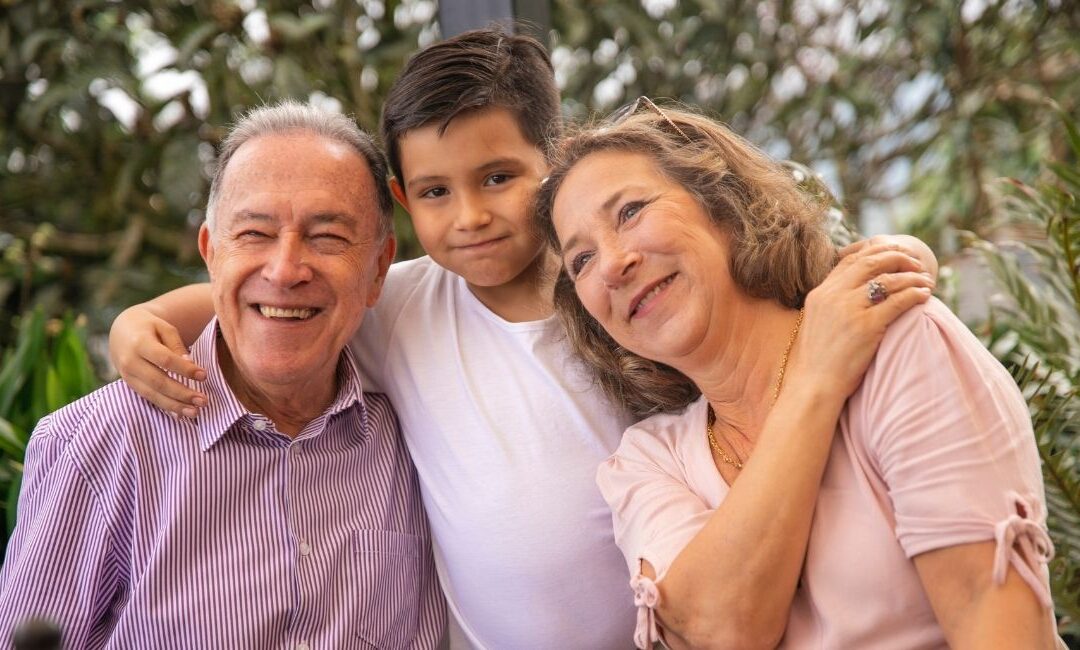By Lillian Penner
It is important for our grandchildren to learn to trust God and to wisely trust others. We can help our grandchildren grow in their trust level by making sure we keep the promises we make to them, when possible. Children remember the promises we make and often remind us of things that we have said we would do.
Trust is a firm belief or confidence in the honesty, integrity, or reliability of another person or thing. Total trust should only be placed in God; limited levels of trust may be placed in others. Though trust takes time to develop, it is essential for relationships.
Trust and faith are of prime importance to the Lord and are mentioned in the Bible many times. We read in Hebrews 11:6, “Without faith it is impossible to please God.” Trust is serious business to the Lord for we are to place our total trust in Him according to Proverbs 3:5-6.
A basic level of trust is needed for any relationship. We need high levels of trust for close relationships to grow and mature; it helps fill our need for security. We exercise some level of trust in nearly every interaction in our daily lives. However, we must be cautious whom we trust at times. 7.5
The lack of trust or distrust means that people do not have confidence in one another. They are suspicious of others, unwilling to rely upon one another. When trust is lacking, people are unwilling to rely on the strengths of others. When friendships are frail, we are unable to endure the trials that come in our lives. People often feel detached and alone, finding it hard to trust others when they do not have a firm trust in the Lord.
When our complete trust is anchored in God, we are freer to place a proper level of trust in other people. Many people consider their trusted friends as one of their greatest treasures in life. Trust is precious and deserves careful handling. People work together more effectively in the workplace if they can trust their co-workers.
Questions to discuss with your grandchildren:
- Whom should we trust? Why?
- Does trust have various levels?
- What is a good example of trust?
Pray that your grandchildren will:
- Anchor their trust in God.
- Be a trustworthy friend.
- Learn whom to trust in their relationships.
- Will have teachers they can trust.
- Trust wisely and carefully in others.






0 Comments